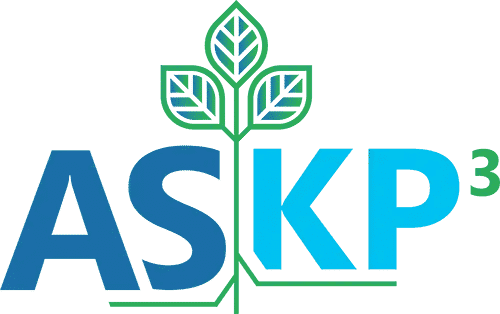ASKP3
Dedicated To The Safe Clinical Use Of Ketamine

Who We Are
The American Society of Ketamine for Physicians, Psychotherapists & Practitioners
ASKP3 is a collaborative, interdisciplinary community led by experts committed to improving patient care through ketamine and other emerging treatments. The organization brings together professionals across various fields to share knowledge, promote ethical standards, and support responsible practices in psychedelic medicine.
ASKP3’s mission is to advance the treatment of both mental and physical health by establishing transparent, evidence-based standards for ketamine therapy. Through research, education, and the exchange of ideas, ASKP3 aims to elevate clinical care, encourage multidisciplinary collaboration, and increase awareness among the public, policymakers, and healthcare providers. The organization also embraces partnerships that help foster the development of other psychedelic therapies.
ASKP3 Elevate
Advancing Knowledge.
Elevating Care.
ASKP3 Members have FREE access on Elevate. Join our Community today!
Why Join ASKP3?
Our Members Have Exclusive Access To Expert Advice, Support, & Exclusive Resources.

Member Benefits
ASKP3 members gain access to expert guidance, exclusive educational resources, discounted event registration, and a professional network committed to ethical ketamine practices. Benefits include member-only forums, free webinars, directory listings, and the official ASKP3 member logo to showcase your commitment to high standards in care.

Educational Resources
ASKP3 provides our members with a wide range of professional and educational resources, including access to scientific literature, live and archived webinars, and the popular Meet the Expert series. Members also benefit from the organization’s well-attended annual conference, which offers in-depth learning and networking with leaders in the field.

Conferences & Events
Join us for Mastering the Essentials: A Hands-On Introduction to Ketamine Administration, a three-day course held September 18–20, 2025, at the Sheraton Denver Downtown Hotel. Designed for practitioners new to ketamine therapy, the course covers clinical administration, clinic setup, supporting therapies, and safety screening protocols.
ASKP3
Educational Partners













